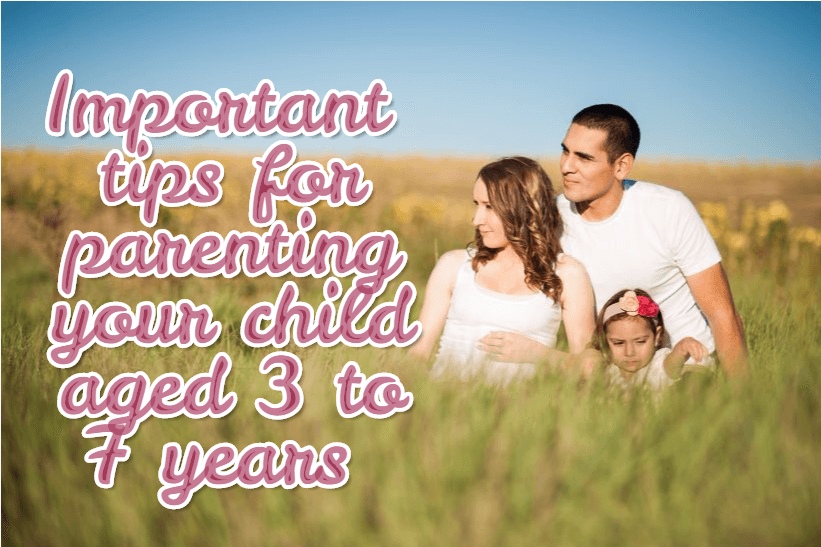At this age, children can really benefit from going to preschool. It’s here that they slowly start to learn about rules and getting along in a formal setting like a school.Preschool helps in getting children to understand routines and boundaries. Most of the time children in their preschool years are impatient and distracted. This is because they are trying to understand the world around them. A good rule would be to budget for some extra time when dealing with small children.
Some of the things that will help you in parenting your young children are listed below:
Reminders
Small children have short memories and are easily distracted. You may need to remind them about the same things again and again.
Consequences of their behaviour should be explained to them
You need to explain to your child the consequence of their behavior, so that they understand when something is wrong. This will help them to understand the situation and circumstances around them. Remember it maybe your child’s behavior that is not acceptable, not your child.
Time-out
Time out is a strong discipline tool that parents can use to discourage undesirable behaviour in their children.It just means that when a child is not behaving right you take away their liberties or their source of enjoyments like No TV time, No reading story books, No weekend eating out. You need to keep a track of what your child enjoys most and those are the things that you need to take away.
Some good tips for encouraging good behaviour in your children.
Parents are role models
Children are great observers. They observe and imitate their parents. What you do is much more important than what you say. If you want your children to use polite language then you should be the first one to use it. Also if you want your children not to raise their voice then you need to keep your voice at a reasonable decibel level.
Get down onto their level.
Sitting close to your child or kneeling or squatting down is a very powerful tool for communicating positively with them. It helps them focus on what you are saying to them or expecting from them. Sitting close will also develop a bond of trust and love with them.
Keep your promises.
Children are great observers. They learn to respect and trust you depending upon the promises that you keep. For e.g. if you have told your child that you would take them for a walk in the garden after they pick up their toys or arrange their books, then make sure that you keep your promise. On the other hand, if you tell a child that you would leave them alone if they did not behave properly, then you need to do it.
Appreciation for good behaviour
When your child is exhibiting good behaviour, then it’s time to give positive feedback. It is important to find out ways and means to encourage and praise your child. Some research has suggested that parents need to give at least six praise comments for every negative comment.
Simple rules and Instructions to follow
Give clear and simple instructions that would help your child know of what is expected from them. For e.g.never run on the road, never waste food.
6. Responsibility and consequences of their actions
It is important for children to understand their responsibility as they grow older. We need to make them responsible for their own behaviour and the consequences that would follow if they fail in their responsibility.In having the best intentions for our children we end up doing so much for them that we don’t allow them to fall and learn for themselves and this does not help to prepare them for the future. Also children should be clearly explained the consequences of unacceptable behaviour.
Make children feel important
Children love when they are able to contribute to the family chores. Assign some simple household chores. This will help them to feel important,build their self esteem and build the much needed bonding amongst family members.
Humor
Maintaining a sense of humor will relieve tension and conflict. Laughing will remove the bitterness from the situation. It’s important to know that sometimes parental teasing can hurt sensitive children.
Discipline
Discipline means ‘to teach’ and not necessarily to punish. The true goal is to teach children the rules of correct behaviour. Children learn self discipline in a family which has fair expectations and rules.
10. Be patient
This is the most tricky part. You need to be absolutely patient with children. Do not interrupt their sentences however long they may be. Try to let them finish. This will build their confidence and trust in you. They will depend upon you for listening to them.
Finally children are a gift from God. You need to encourage and nurture your children when they are small. Your children will grow to be strong caring adults only if you have taken the time to build their foundation for life.
Did you like the article above and want more tips delivered straight to your inbox every week? Consider subscribing to our weekly newsletter.
Tags: age 3-7 years, children, discipline, parenting, patience, timeoff




